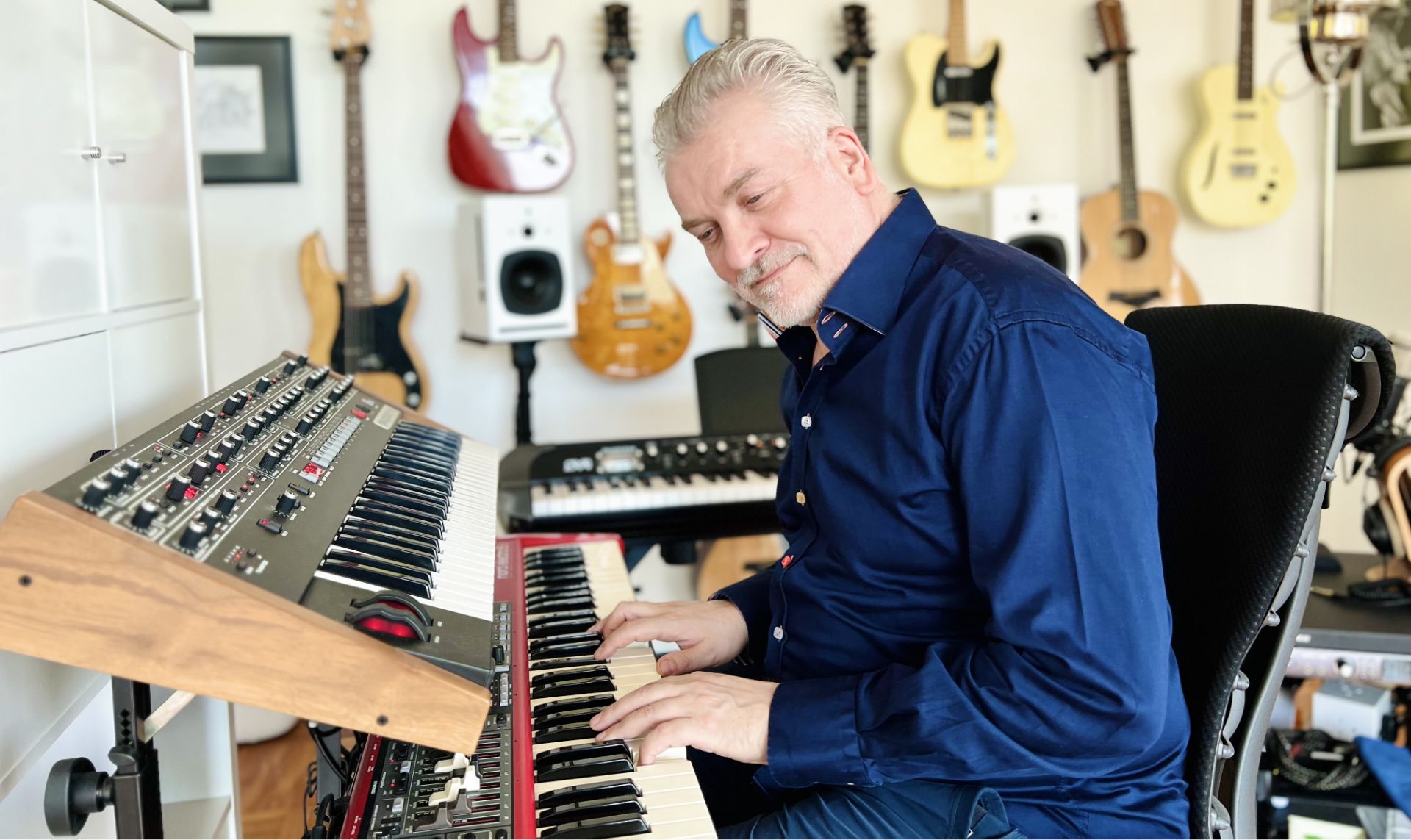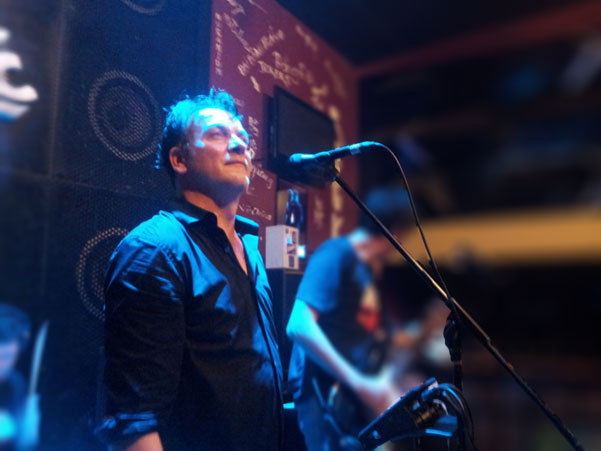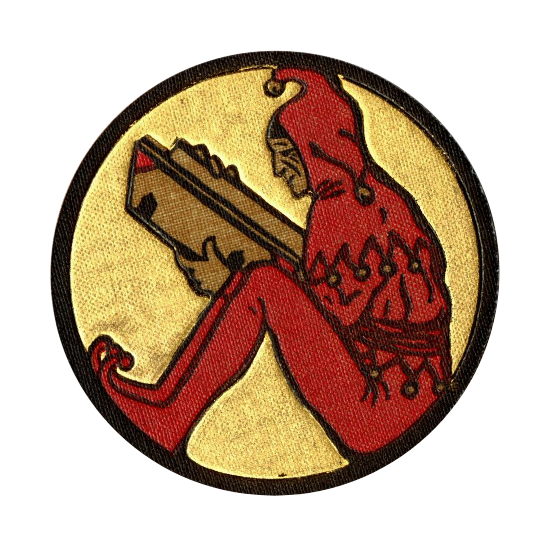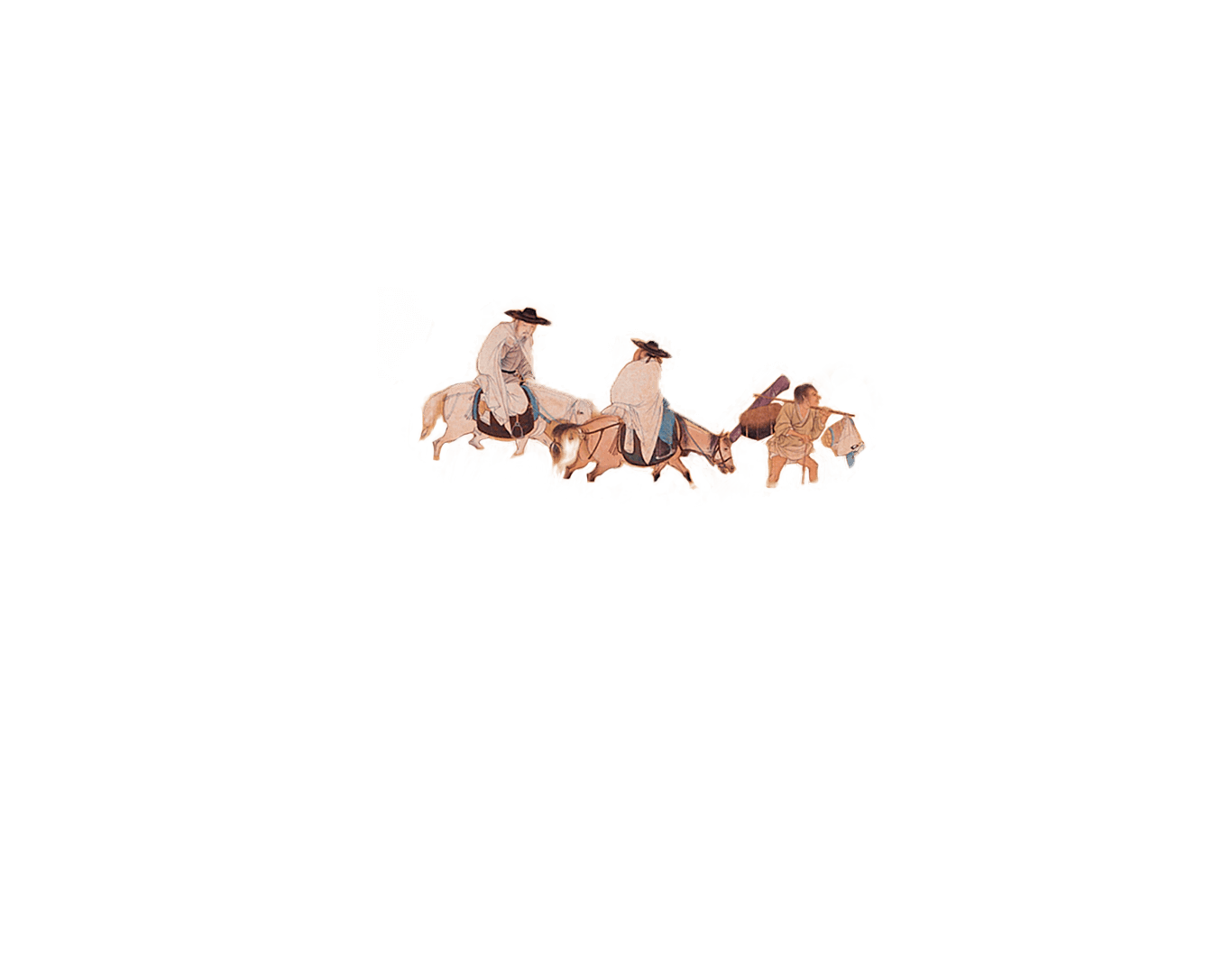The world will ask you who you are
and if you don’t know,
the world will tell you.
Coaching is often presented as psychological home improvement, like a cognitive loft conversion aiming to increase the Psyche’s re-sale value. However, any exploitative approach to consciousness, aiming to be more powerful, to get things our way or to simply conquer, will be contested from deep inside us. Our unconscious mind will resist egoic colonization by launching an interdiction campaign, exhausting narcissistic supply lines, leading the ego and all its designs up the garden path.
This is why, so often, so many of us fail when we want to make changes. We want to lose weight and go to the gym forgetting our trainers or, when we are finally ready to exercise, we injure ourselves. We stop smoking or drinking alcohol until a stressful, or even a joyful event suddenly finds us repeating damaging behavior we thought we left behind.
Another way to avoid change, utilized by almost everyone, is to recognize and deeply dislike in others the flaw we fail to see in ourselves. The liar accusing others of dishonesty, the peace protester who beats his children, the CEO with a gambling issue preaching financial discipline. As we are less likely to forgive a weakness we struggle with daily, than one we never experience, the price for not knowing or examining ourselves might become steep.
Samtara is Sanskrit for fording, crossing a river without a bridge. This approach is not about becoming a better version of ourselves; it aims to gain insights on who we are, including the darker aspects of your being. As we are not constructing egoic monuments; all that is required is for you to show up as you are.


About
As a child, Steven loved sitting underneath the piano in the living room, finding different ways to hammer the strings and listen to the reverberations. Years later he still finds himself getting under the woodwork, listening for sounds and themes, signals strong and weak, holding space for the creative response.
Steven is based in Singapore after having lived and worked in the Netherlands, the US, the UK, Switzerland as a consultant, director and counsellor. His interest in psychology led him to get a coaching degree at INSEAD and he is currently working with MBA students and senior professionals as a coach and consultant and is also active in the field of addiction.



He is also a musician and a songwriter; he toured Asia as the singer in a Pink Floyd tribute band. He lived in a monastery in Wales and a spiritual community on a small Hebridean Island in Scotland and has worked with ultra-high-net-worth individuals struggling with addictions in Switzerland.




The Approach
Steven’s methods are informed by psychodynamic theory and practice, utilising archetypes and complexes from analytical psychology and tools and techniques developed by Stutz. Aiming to widen the range of possibilities and be in service of individuation rather than habits or addictions. Embracing what we don’t know instead of the sureties that have brought us here. Being willing to be the fool in service of our growth.
As Carl Jung wrote: “I began to understand that the goal of psychic development is the self. There is no linear evolution; there is only a circumambulation of the self. Uniform development exists, at most, at the beginning; later, everything points toward the center.”
Rumi said much the same in less words: “What you seek is seeking you.”




Steven’s coaching intends to help clients cross the river to a place where we might discover something new about ourselves. And together listen for sounds and themes, signals strong and weak, and hold space for the creative response to what is uncovered.



Contact


